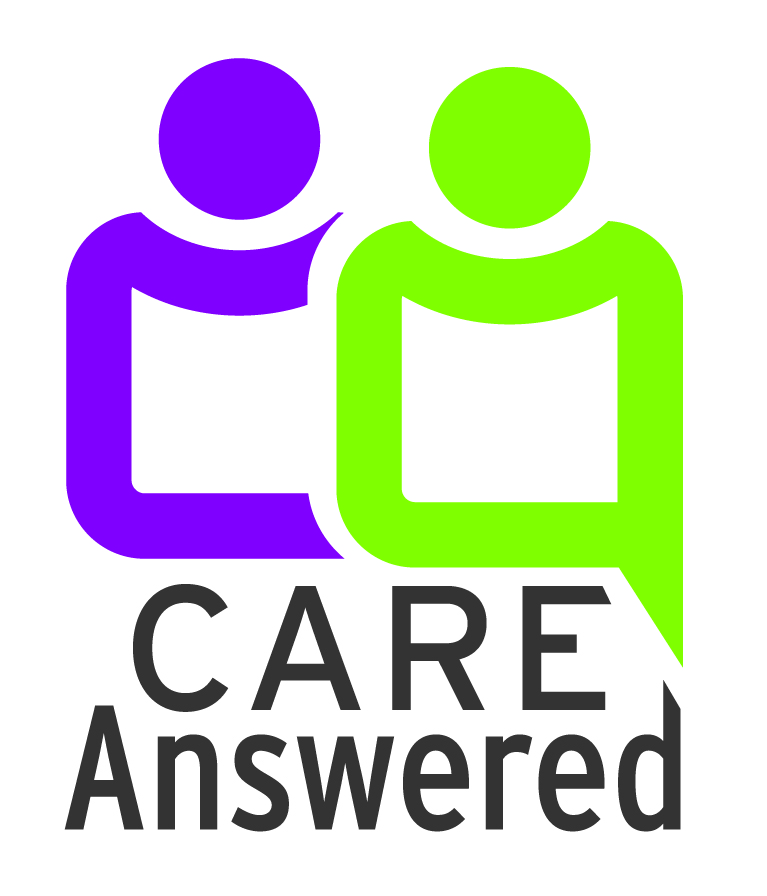If you’re like me, there are issues you care deeply about but don’t always know how to make a concrete difference. Sometimes, when we’re faced with multiple concerns demanding our attention, it can feel overwhelming and paralyzing. That’s not a good feeling.
Here’s the good news: your voice matters and makes a huge difference. You may have very different opinions than mine—that’s fine. Your voice still matters! I say this as a mother, daughter, sister, wife, community member, citizen, patient advocate, and advocate for older adults and underserved populations in DC and New York. I’ve seen it firsthand, and I know it to be true: your calls, letters, and emails to your political representatives can truly make a difference.
If you’re nervous, don’t be—own your power. If you feel like you don’t know enough, trust that you do. If an issue impacts you, your family, or your community, that’s all you need to say. You don’t have to solve the problem to speak about your concerns. We all learn through dialogue.
Find Your Representative
The Older Americans Act advocacy effort will ask who your representative is. If you don’t know, visit https://www.house.gov/representatives/find-your-representative and enter your zip code.
Critical Budget Cuts Threaten Essential Services
I want to alert you to something happening that deserves your attention: proposed budget cuts that will affect countless older adults. When you follow the money, these losses will affect all of us financially. It’s well documented that without prevention and early intervention, costs escalate dramatically through emergency room visits—expenses we all ultimately bear.
The following programs are slated for elimination under the proposed Health and Human Services 2026 budget, directly undermining the Older Americans Act:
Core Programs Facing Elimination
- Title III-D Evidence-Based Health Programs Programs that improve overall health, manage chronic conditions, and prevent falls
- Title VII Long-Term Care Ombudsman Program Provides staff and volunteers for nursing homes and residential facilities to ensure quality care for residents
- Title VII Elder Abuse Prevention Critical programs that prevent and address elder abuse
- Lifespan Respite Program Provides respite services to individuals caring for someone else
- SHIP/HIICAP Programs Provide objective information and assistance helping Medicare beneficiaries choose plans, solve problems, and apply for benefits
Additional Programs Under Threat
- Adult Protective Services – Investigates and addresses elder abuse cases
- Falls Prevention Programs – Reduce fear and risk of falls for older adults
- CDSME Programs – Help older adults manage chronic conditions and maintain health
- LIHEAP – Low Income Home Energy Assistance Program for heating and cooling assistance
- CSBG – Community Services Block Grant supporting services to alleviate poverty
- Title V Older Worker Program – Helps individuals 55+ access employment and develop job skills
- Alzheimer’s Disease Research
- Rural Hospital Grants
- Mental Health and Substance Abuse Programs (including overdose prevention)
- Health Care Workforce Programs
- National Center for Chronic Disease Prevention and Health
- Food Bank Funding
Why This Matters
These programs are paramount in supporting older individuals and families while providing protection for our nation’s most vulnerable older adults. Without continued funding, thousands face increased risk of abuse and fraud. These services are essential for the health and safety of our aging population and provide critical support to constituents in every district.
Take Action
If you want to make your voice heard to oppose these cuts, visit: https://agingny.org/
Remember: your elected representatives need to hear from you. These programs provide daily support to their constituents, and your advocacy can help ensure they remain funded and available to those who need them most.
